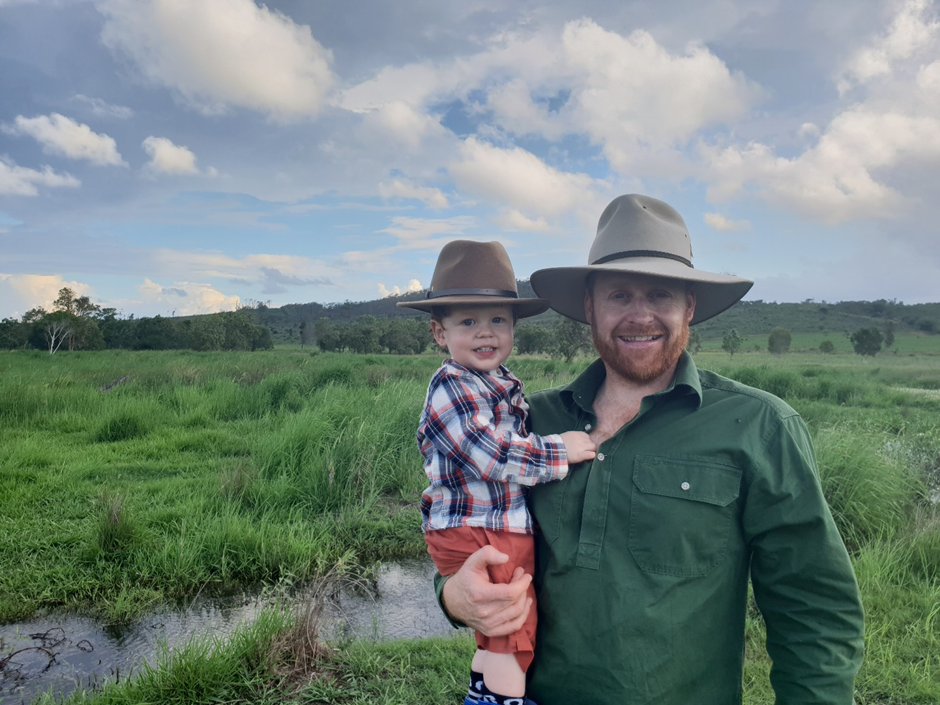Meet the SSG: Mark Davie, Chair
March 07 2022
- Mark Davie, with wife Kelly, runs food manufacturer Keppel Brand and is involved in a family beef enterprise in Central Queensland.
- Appointed as ABSF Chair in November 2021, Mark is committed to changing the conversation surrounding beef.
- Data will be key to meaningfully engaging customers and communities, and verifying industry’s credentials.
More information
Contact:
Jacob Betros
Resources:
